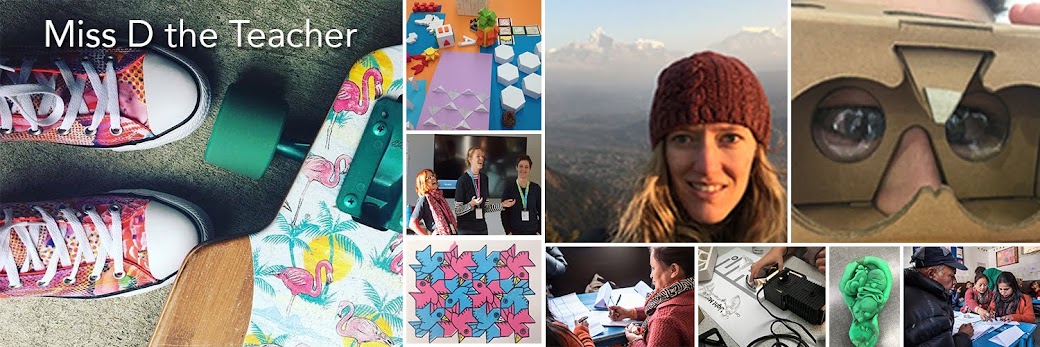Today I took a risk. It was the first day of my new My Time slot called The Science of Sheldon Cooper and Stephen Hawking. This is the stuff of multiverses, space time continuums, singularities and string theory, dark matter and quarks. If these words make no sense to you, it is ok, they make little sense to me too! So if as the teacher, I have almost no knowledge of the topic that I am teaching, what exactly is my job?! And if you were in my situation, how comfortable are you with the idea of actually being just as clueless as your students?
Well, turns out that I am very comfortable in the role of clueless. I had the enormous good fortune of spending the weekend at kiwi foo, surrounded by truly brilliant people. Rather than feel the impostor syndrome I had somewhat anticipated, I felt a desperate need to spend every waking minute engaging with these incredible individuals. Every moment I slept would have been a moment I missed out on learning. There was just not time for feeling like an impostor. And today, in the classroom, introducing the idea of multiverses, I was too busy learning alongside the students to have time to deal with the fact that I was only about a millimetre ahead of the students in understanding at times. Sometimes mores so, but most of the time, I too am still trying to get my head around the idea that there might not be one universe. And where exactly are all these multiple universes?
I asked before, what is my job then if I am learning alongside my students about the same material? Learning about other things, or about your students is one thing, but learning with them, about the same thing, searching for complexity and depth, evaluating your own understanding against the rubrics? Is that a step too far?
Well, I happen to think it is a step in the right direction. I have absolutely no interest in teaching my students a whole bunch of facts that they could have googled anyways. What I am far more interested in is teaching my students how to learn. How to wonder about the world, the universe (or the multiverses in this case), and then, how to make sense of it, understand it, find patterns, use the information. I want to show students that nothing is out of their reach, I want them to believe that they can learn anything and everything. And I want them to know how to do this. My expertise comes in around teaching students how to make sense of new ideas, concepts, information and more. And role modelling, obviously.
So what does a lesson look like where you introduce students to multiverses? Well...
- You go to the experts! Brian Greene has great TED talk that introduces the ideas. (Keeping in mind that in a world of internet, flipped classes, YouTube and MOOCs, students have a choice anyways about who they learn their content from, it doesn't have to be from me).
- Pause the video, ask students to generate questions, as many as possible, model posing questions for the students. Ask questions that you genuinely do not know the answer to.
- Rewind the video when you need more time to make sense of an idea.
- Ask students to share their best questions.
- Record your favourite questions on a post it with your name.
All of a sudden you now have key questions that students can start researching by looking for key words, key people, diagrams and more related to their personalised questions. And what great questions! Here are just a few...
- How did they find out about string theory and dark energy?
- Does the idea of wormholes which is travelling through space from one galaxy to the next, also apply for multiverses and universes?
- Is the concepts of multiverses in the realm of science, science fiction or philosophy?
- Did the big bang have any effect on the multiverses?
- If galaxies are being pushed away from each other and if the multiverse and idea of infinite universes weren't real, what would happen when a galaxy reaches the end of the universe?
- And my personal favourite, If our universe is expanding (faster and faster) then does that mean the multiverse expands at the same rate? (if so, would it have to be expanding squared to the speed of the amount of universes inside it?)
This last question was written by a FOURTEEN YEAR OLD!! On the first day of being exposed to the idea of a multiverses. Mind blown. Boom.
So it got me wondering, what possibilities might I hold back from my students, by not being willing to risk truly learning alongside them? And even more so, what terrible crimes against the potential of our students are we committing if we do not strive to live out the growth mindset every minute we spend with out students?
Now if you are curious about multiverses, here is the video I showed the students...


No comments:
Post a Comment